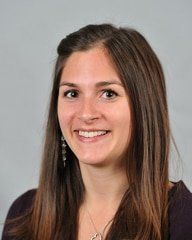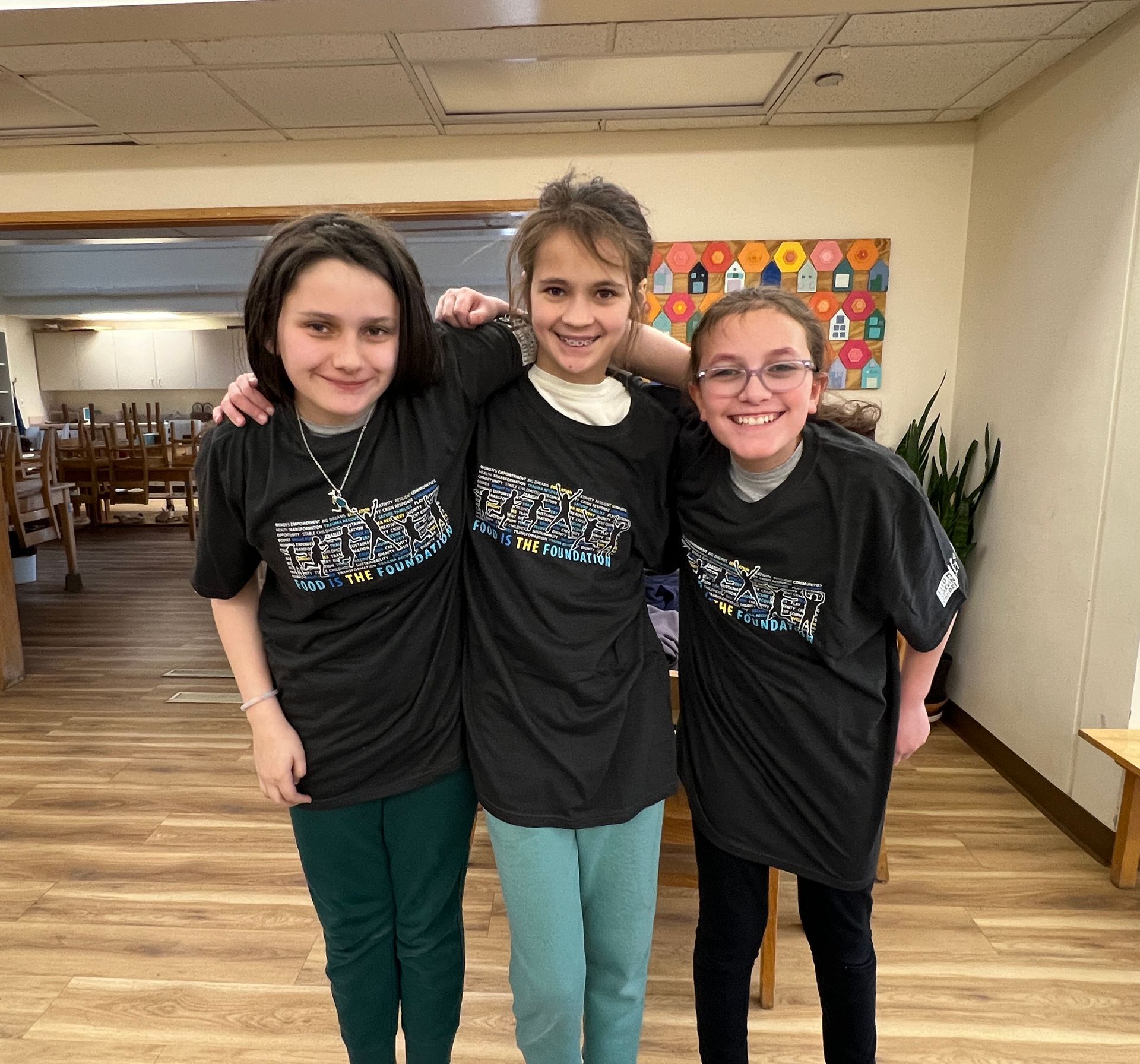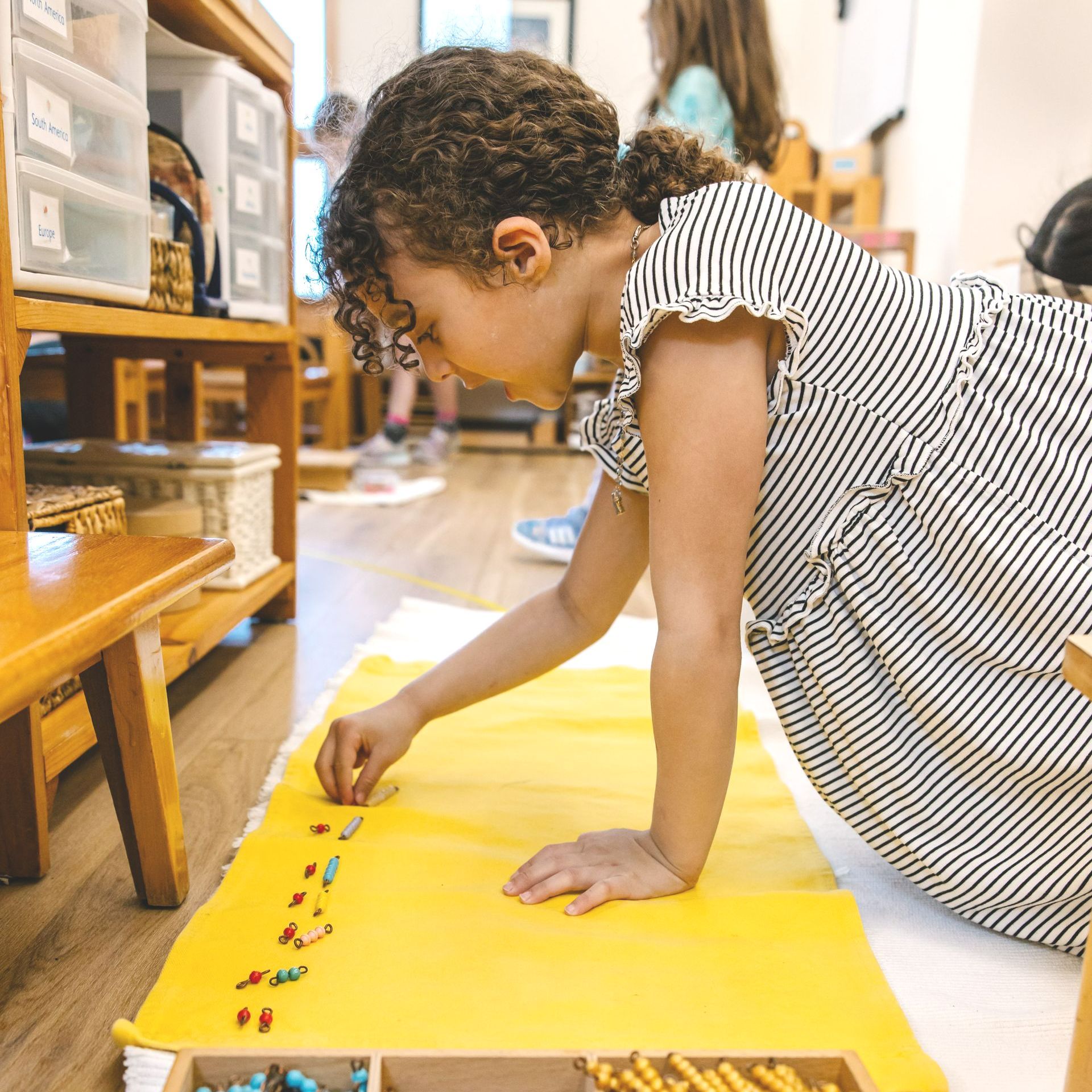 My family moved to Gurnee, Illinois from the East Coast when I was five years old. As a child, I LOVED learning. When I transitioned from kindergarten to first grade, I was so disappointed that there was no homework that the teacher gave me special worksheets to do on my own. I excelled academically in my traditional public school, sometimes because I truly understood and cared about the material and other times because I had figured out how “to play the game” and learn enough to pass the test. Occasionally I thought about one day becoming a teacher, but I was never quite comfortable with the system and teachers’ methods. I had a lot of ideas about how education should be, and I had no idea that a system like that already existed.
My family moved to Gurnee, Illinois from the East Coast when I was five years old. As a child, I LOVED learning. When I transitioned from kindergarten to first grade, I was so disappointed that there was no homework that the teacher gave me special worksheets to do on my own. I excelled academically in my traditional public school, sometimes because I truly understood and cared about the material and other times because I had figured out how “to play the game” and learn enough to pass the test. Occasionally I thought about one day becoming a teacher, but I was never quite comfortable with the system and teachers’ methods. I had a lot of ideas about how education should be, and I had no idea that a system like that already existed.
One year after graduating from Beloit College with a degree in Anthropology, I moved to Taichung, Taiwan to teach English. I taught a wide range of students, from ages four to adult, but most of my time was spent with 4-year-olds. Although I had initially moved abroad to learn a new language and live in a foreign country, I quickly realized how much I loved being and working with children. When I returned to the U.S., I enrolled in a Masters in Teaching (MAT) program through Dominican University to become a licensed K-9 teacher. At the same time, in January 2010, I joined MSLF as Tami Levandowski’s assistant in Primary 4. I was brand new to Montessori, but it didn’t take long for me to realize that this was how education was supposed to be, and this was what I wanted to do.
It was interesting to be in my traditional MAT program while simultaneously working in a Montessori environment. Many aspects of traditional education are moving in the right direction, with more emphasis on choice, differentiation, and learning at one’s own pace. But all that my professors could offer were essentially “tricks” to attempt to provide pieces of a child-centered education within a system that was still, at its core, teacher-centered. Montessori, on the other hand, was clearly operating primarily with the child in mind and meeting all of a child’s needs — academic, social, and emotional — while still keeping that inherent love of learning burning. I completed my Masters in Teaching but knew that I could not leave Montessori. With support from MSLF, I completed my AMI Primary training in St. Paul, Minnesota in 2013, and became the director of Primary 1 during the 2013-2014 school year. Very frequently, I look around at the children working and helping one another and loving learning, and I marvel at the fact that I actually get paid to spend time with and guide these wonderful people.
In my spare time, I cook, listen to podcasts, read, attempt yoga, travel (or dream of it), and take care of my pitbull, Lucy. I have played the flute for most of my life, and last fall I began cello lessons. As a teacher, these lessons have been quite illuminating for me, as they have reminded me what it is like to struggle, be completely and utterly confused, and need to be told something ten times before it sinks in. Basically, they have reminded me what it is like to be a child. These lessons have really helped me identify with the daily struggles and triumphs of the three-to-six-year-olds I guide each and every day. And on a personal level, they have helped me continue to fulfill my love of learning.
The post Teacher Spotlight: Carolyn Lanni, Primary appeared first on Montessori School of Lake Forest.
Montessori School of Lake Forest
Montessori School of Lake Forest



